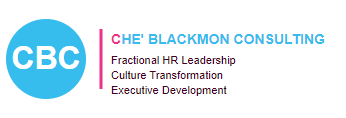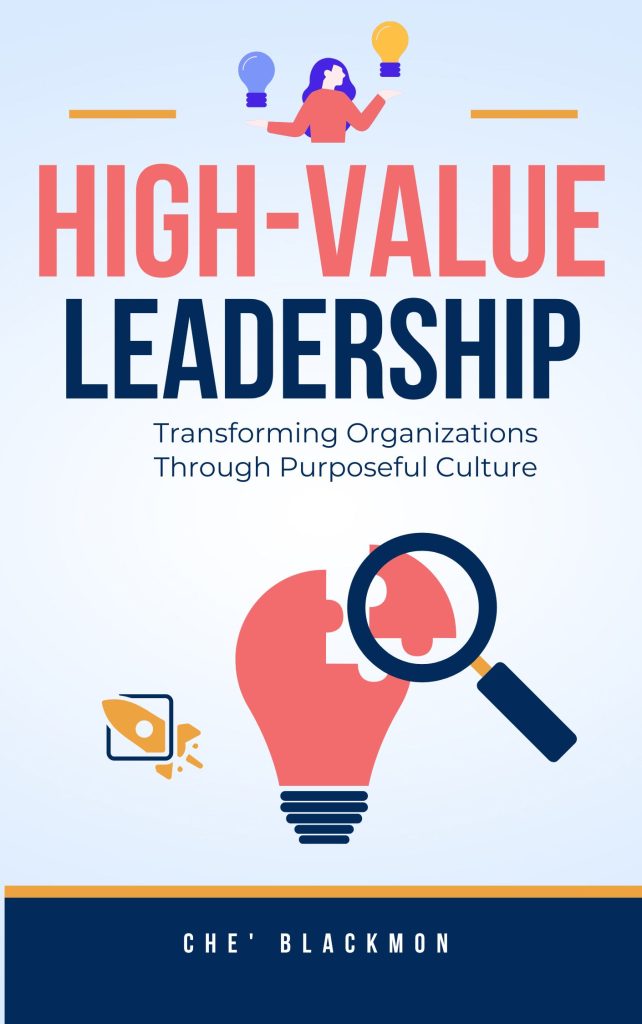Your cart is currently empty!
Diversity, Equity, and Inclusion initiatives are a mainstay of modern work culture. And yet, far too many organizations can’t seem to look beyond the platitudes when it comes to meaningful and lasting change. In my experience as an HR professional and consultant, I learned that effective DEI requires more than just goodwill; it takes strategy, concrete objectives, and long-term commitment.
Take Off with Cultural Assessment
No DEI initiative should be touched without conducting a detailed assessment of the organizational culture beforehand. It is about analyzing the composition of the current workforce, reviewing existing policies, and-importantly-honest feedback from the lowest level of the institution. When one understands where it’s starting from, there is an avenue to set realistic goals and measure progress.
Leadership Buy-In Is a Non-Negotiable Commodity
Perhaps the single most important factor in effective DEI implementation is the presence of visible and active leadership commitment. Business leaders have to do much more than approve DEI initiatives. They need to:
- Model inclusive behaviors across all
- Fund DEI work at a level to meet program needs
- Take personal accountability and hold others accountable for DEI results
- Include DEI goals in strategic business planning
Embed Systemic Change
Effective DEI requires changing the ways in which work gets done-that is, the systems and processes that permeate the enterprise. Specific steps include:
- Redesigning unbiased recruitment and hiring
- Clearly defining career development paths
- Putting in place pay-for-performance models
- Creating supportive policies that account for differences
- Creating mentoring and sponsoring opportunities
Measure What Matters
To ensure DEI efforts actually drive outcomes, organizations should identify a few core metrics and measure them regularly. Possible key performance indicators may include:
- Workforce representation data throughout the organization
- Promotion rates across groups
- Pay equity analysis results
- Engagement survey scores by demographic group
- Retention rates of diverse talent

Develop Inclusive Competencies
Creating an inclusive workplace requires new competencies for many people. Invest in education and training programs that focus on:
- Understanding and overcoming unconscious bias
- Developing cross-cultural competency
- Leading inclusively
- Communicating effectively across cultures
- Managing a diverse workgroup
Host Authentic Conversations
Success in DEI requires honest and transparent communication. Give a chance for your employees to express their experiences and opinions through:
- Employee resource groups
- Regular listening sessions
- Anonymous feedback channels
- Cross-cultural mentoring programs
- Inclusive team-building activities
Make it Sustainable
DEI programs hardly live longer than the first enthusiasm. To be sustainable, the change needs to be nurtured:
- Embed the goals of DEI into performance management systems.
- Celebrate progress, tell success stories.
- Review your strategy regularly; make changes.
- Continue communicating internally on DEI issues.
- Embed DEI issues in decision-making processes.
The Bottom Line
A few good words or stand-alone solutions are just not enough. DEI requires nothing less than a comprehensive approach designed to replace the culture and structures of the organization. With thoughtful implementation and consistent nurturing, DEI initiatives may produce measurable improvements in employee engagement, innovation, and, eventually, business performance.
Keep in mind, an inclusive workplace is a continuous journey of learning and improvement rather than arrival. Have your goals clear, measure the progress, and keep your pledge to meaningful change.
To learn more about creating an inclusive, diverse, and equitable organizational culture, contact Che’ Blackmon Consulting at admin@cheblackmon.com . We specialize in a variety of services that will move your organization beyond the buzzwords and into real change.
#DEIConsulting #WorkplaceCulture #InclusiveLeadership #OrganizationalChange #EmployeeEngagement #DiversityAndInclusion #CorporateCulture #HRStrategy


